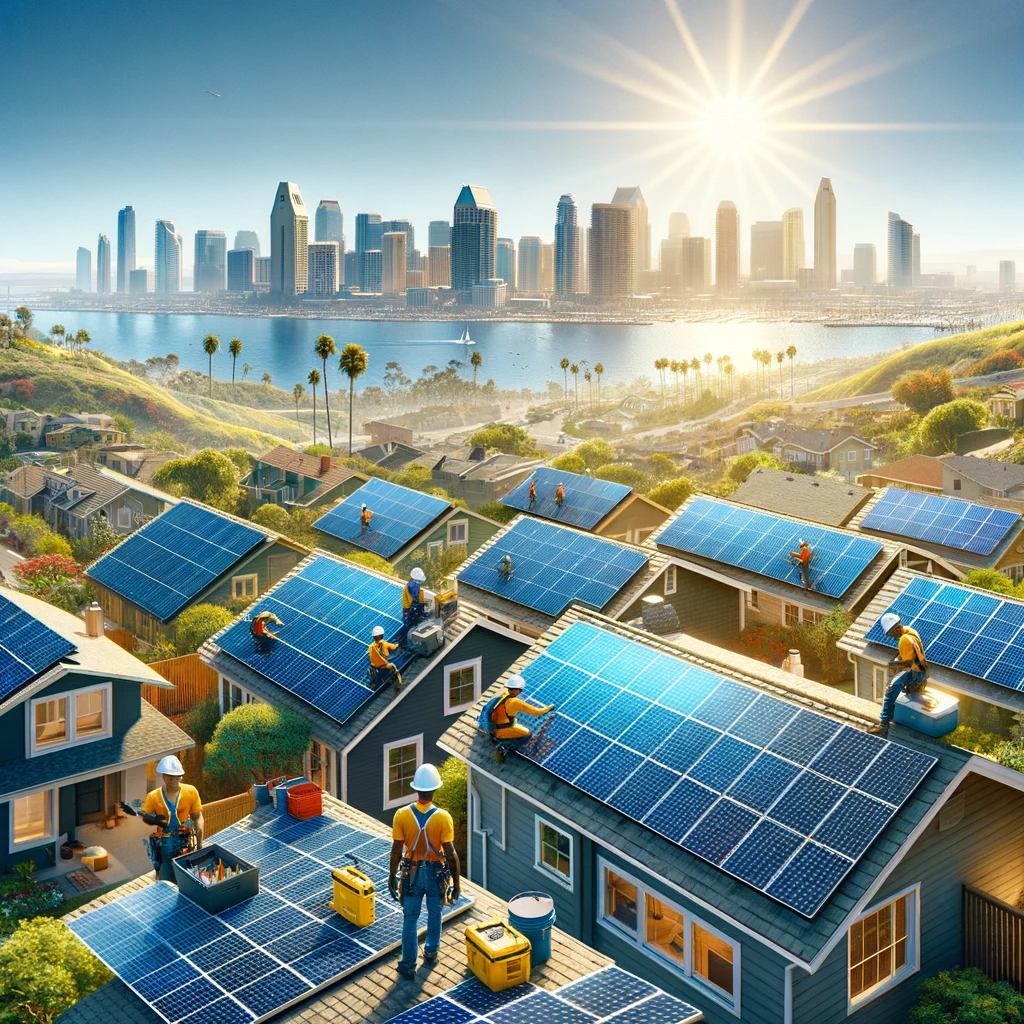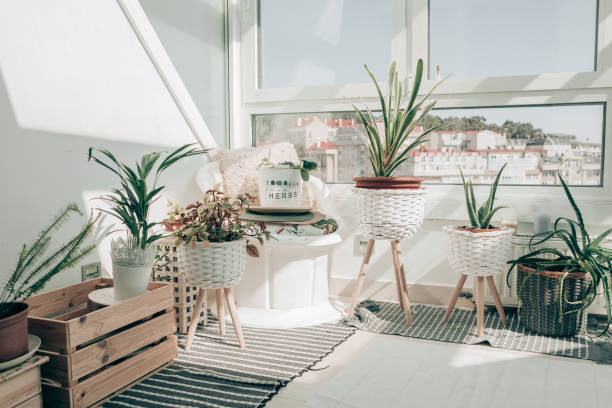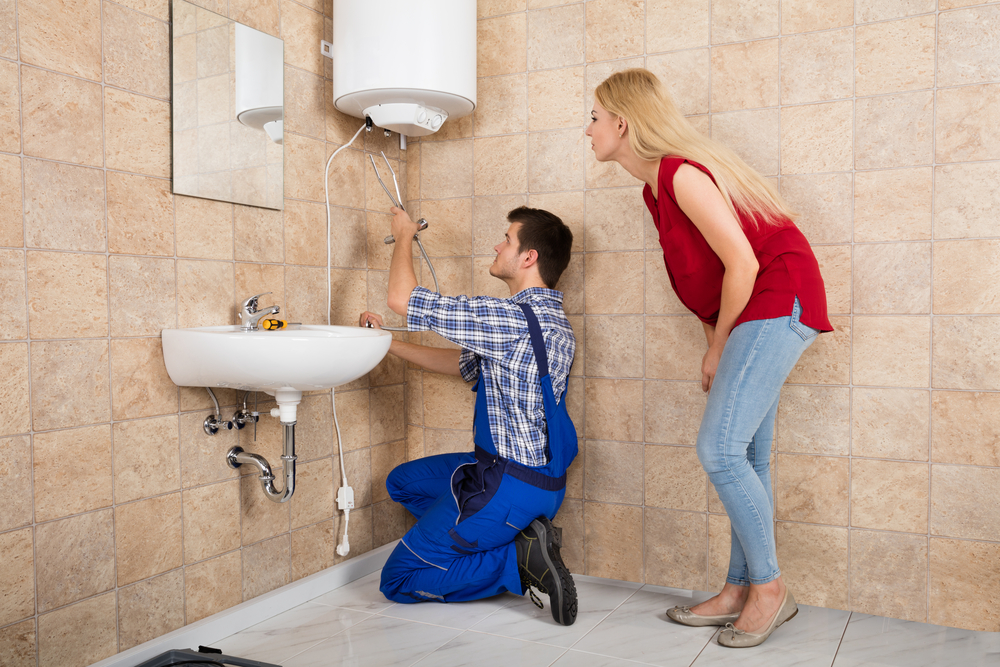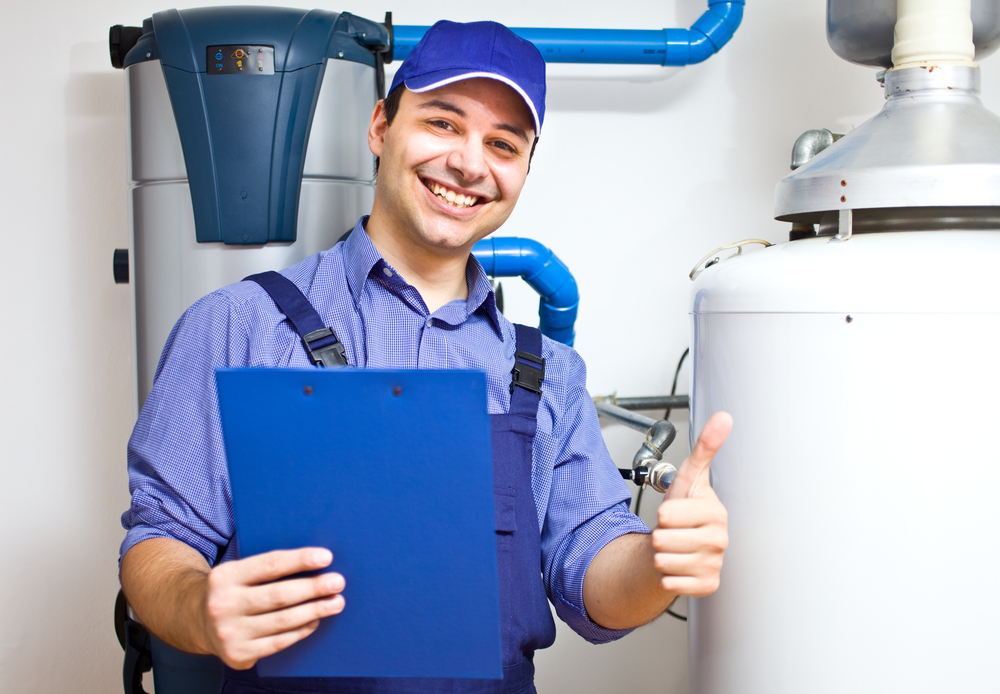In San Diego, a city blessed with abundant sunshine, solar energy has become an increasingly popular choice among homeowners. Embracing “solar energy San Diego” is not just an environmentally conscious decision but also a wise investment, offering substantial long-term benefits. This guide aims to provide homeowners with essential information on solar panel installation, cost analysis, and maximizing solar efficiency in their homes.

Understanding Solar Panel Installation in San Diego
Installing solar panels in San Diego involves several key steps:
- Site Assessment: Conducting an evaluation to determine the suitability of your home for solar installation.
- System Design: Choosing between rooftop or ground-mounted systems based on space, sunlight exposure, and energy needs.
- Permitting Process: Navigating local regulations and obtaining necessary permits for installation.
Cost Analysis and Savings with Solar Energy
Investing in solar energy can be financially rewarding:
- Installation Costs: Understanding the upfront costs and factors that influence pricing.
- Long-Term Savings: Analyzing how solar panels reduce monthly energy bills and increase property value.
- Tax Credits and Rebates: Exploring available local and federal incentives that can offset initial costs.
Optimizing Solar Energy Usage in San Diego Homes
Maximizing the efficiency of solar panels is crucial:
- Panel Positioning and Maintenance: Ensuring optimal placement and regular upkeep for maximum energy production.
- Battery Storage: Integrating battery systems to store excess energy for later use.
- Energy Management: Implementing smart systems to monitor and manage energy usage effectively.
Navigating Legal and HOA Requirements
Compliance with local laws and HOA regulations is essential:
- Understanding Restrictions: Familiarizing yourself with legal requirements and neighborhood guidelines regarding solar installations.
- Navigating HOA Policies: Working with homeowners’ associations to ensure your solar project meets all necessary criteria.
Solar Energy Maintenance and Upkeep
Regular maintenance ensures the longevity and efficiency of solar systems:
- Routine Checks: Conducting periodic inspections and cleaning of solar panels.
- Monitoring Systems: Utilizing technology to track system performance and identify any issues promptly.
Conclusion
Embracing solar energy in San Diego is a forward-thinking choice that benefits both the environment and homeowners financially. With the right approach to installation, cost management, and maintenance, San Diego residents can fully harness the power of the sun, contributing to a sustainable future while enjoying the economic advantages of solar power.



